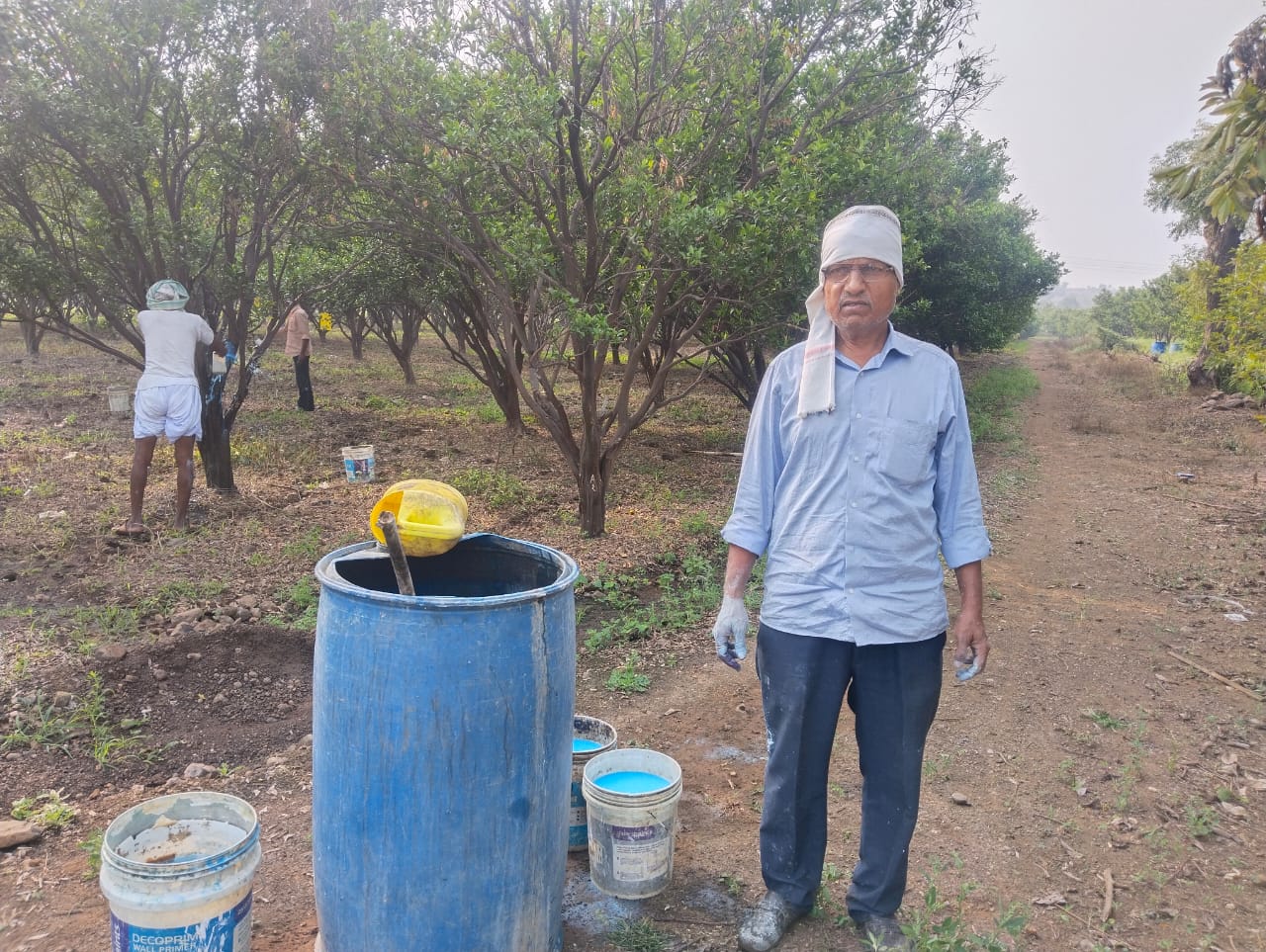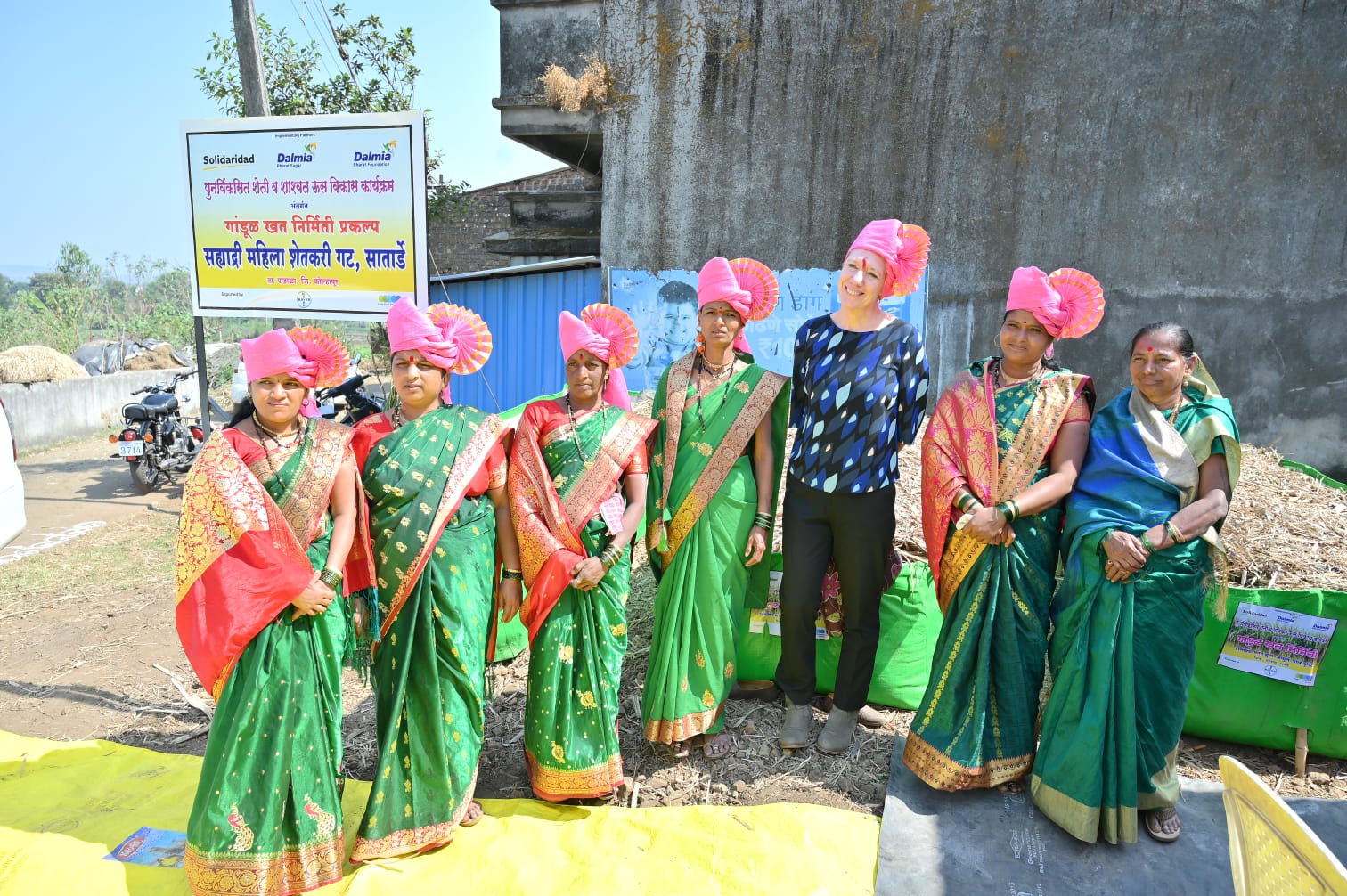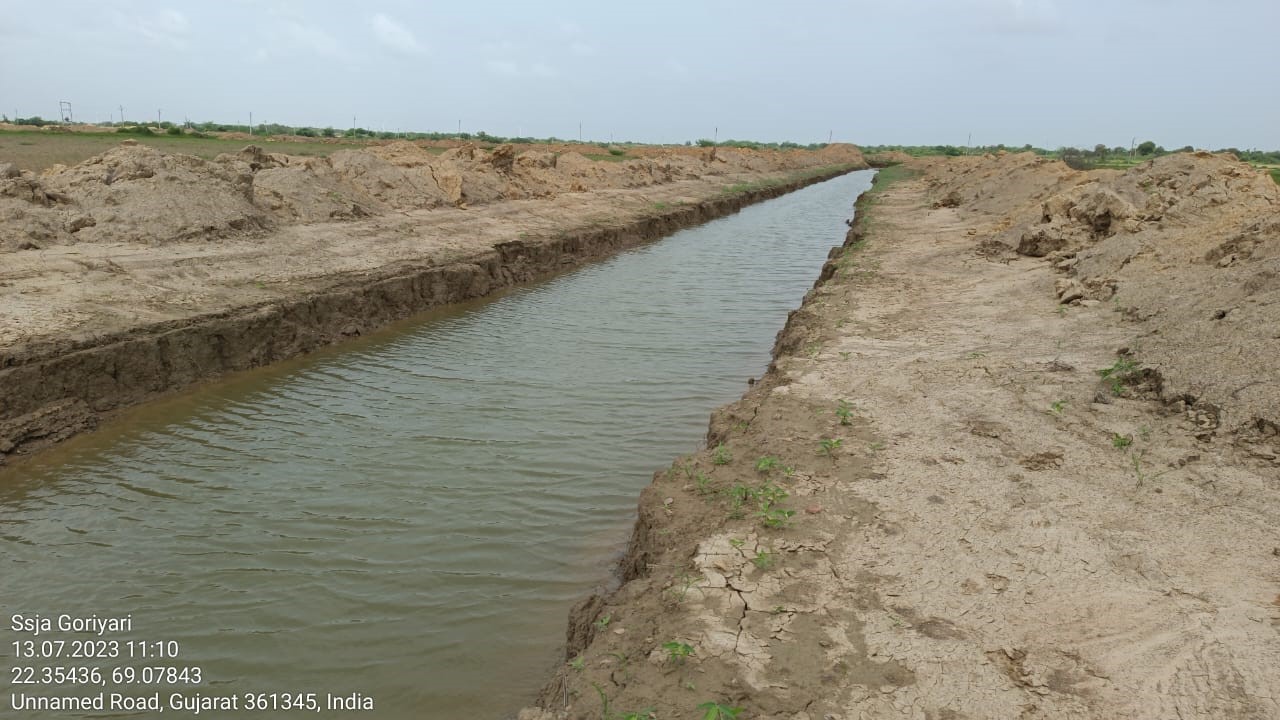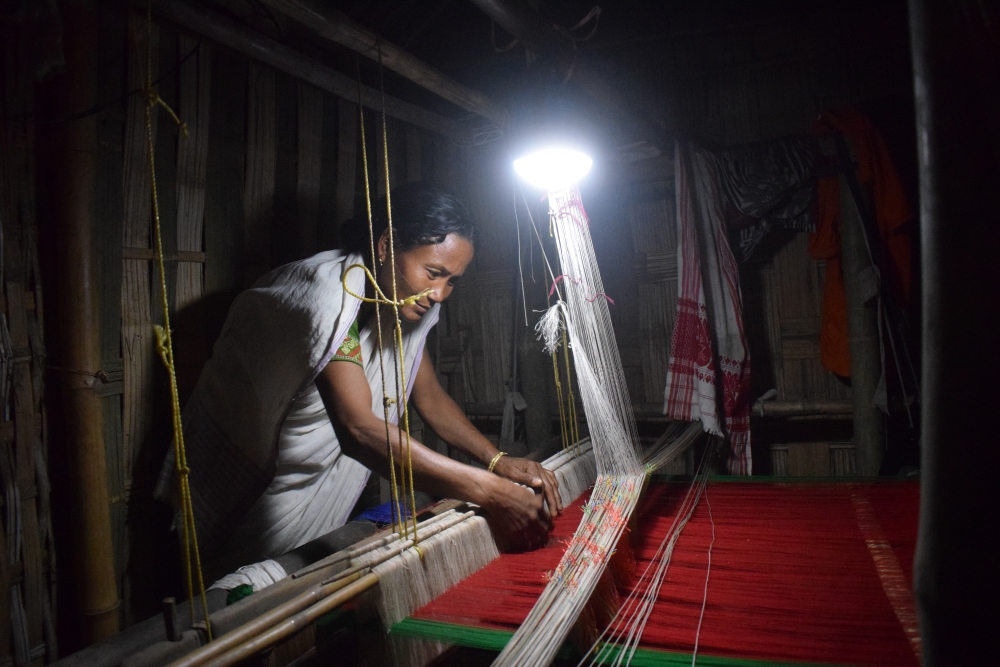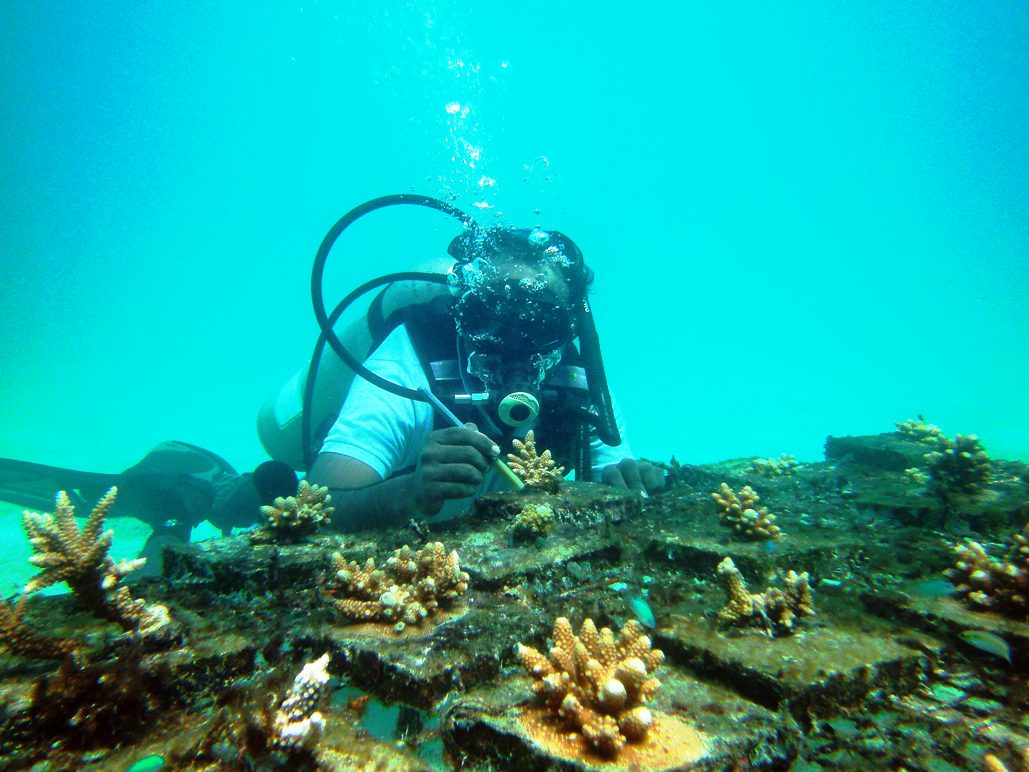How one of the largest leather clusters in India is turning to sustainability, one block at a time, with Solidaridad’s ‘Waste to Walk’ initiative
The newly paved 2,000 sq. ft. checkered pathway outside the Dugros Leather (India) factory at Kolkata’s Bantala leather cluster has a story to tell. The paver tiles gracing the revamped driveway are not to be mistaken for only cement-concrete material. They also contain solid-waste from the leather manufacturing unit — the same waste that is instrumental in causing stress to the tanneries as well as the environment.
Solidaridad, along with its EU-Switch Asia Kolkata project partner, Dugros Leather (India) Pvt. Ltd., has successfully completed the first pilot trial, under the revolutionary ‘Waste to Walk’ initiative, at the latter’s premises. Tests conducted on these sludge-incorporated paver blocks to check for their physical property and commercial viability have concluded they have a high load-bearing capacity.
The Menace of Solid Waste
The Kolkata Leather Cluster is one of the largest leather clusters in India, housing around 350 tanneries and more than 4,000 leather goods manufacturing units (mostly small and medium enterprises). The industry generates enormous employment as well as export earnings. Despite its huge growth potential, the sector falls in the red category (= critically polluting) of the Central Pollution Control Board, Government of India. The transformation of skins/hides to finished leather involves several intensive processes which ultimately release huge amount of sludge as by-products—including lime sludge, PTP and Common Effluent Treatment Plant (CETP) sludge.
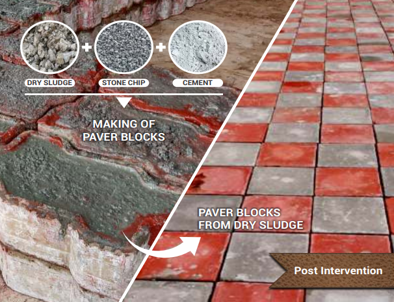
Disposing of the sludge at landfill sites is both cost-intensive for tanneries and detrimental for the environment. Tanneries incur additional expenses for collecting and transporting sludge, and the accumulated waste at a dumping zone degrades the land and leaches into the ground to contaminate groundwater. This puts the entire surrounding ecosystem at risk. The sludge thus exists as a huge liability on the industry as long as its economic potential remains unrealised.
A Revolutionary Route
Solidaridad approached the solid waste disposal issue as a wake-up call for a market-based solution. Trials were conducted with tile manufacturers for use of sludge as a constituent for making tiles. Paver blocks were thus produced by mixing the solid waste from tanneries and the CETP sludge with other constituents such as cement, sand, stone chips etc. The strength of the blocks also demonstrated a high load-bearing capacity of 44 N/mm2.
The utilisation and conversion of PTP and CETP sludge into paver blocks holds significant potential to revolutionise the industry practices towards ecological restoration and a circular economy. The approach is not only saving tanneries the cost of transportation of sludge, but also creating new business opportunities by tapping into unutilised resources.
The Math that Matters
In this approach, the tile manufacturers would have to pay approximately Rs 1 per kg to the tanneries for transporting the sludge to their premises. The sludge would then be used to partially fill for cement to make bricks, which saves the tile manufacturer approximately Rs 70 per batch. It is thus a win-win solution for both the industries. The tannery owners would end up saving approximately Rs 4,000 per tonne. The tile makers would also reap a benefit of around Rs 35,000 from 5 tonne sludge mixed with cement for manufacturing the tiles. In the process, the environment is also salvaged from the polluting solid waste of the leather industry and the ecosystem is restored.
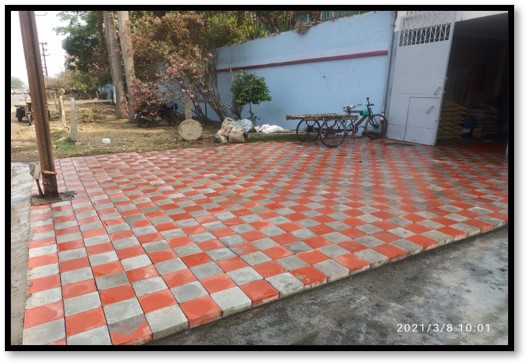
The ‘Waste to Walk’ Initiative
This ‘Waste to Walk’ initiative has been conceptualised by Solidaridad, along with its partners Dugros Leather and Calcutta Leather Complex Tanners Association (CLCTA). Several scientific analyses were conducted and progressive vendors were identified over the course of time to set the tone of the agreement.
The innovative project approaches the solid waste issue with a two-pronged strategy. It is actively exploring various possibilities of 100% reuse of leather by-products to help minimise the potential threat of pollution on health and environment and focussed on restoring the ecosystem surrounding tanneries. It also strives to make the leather industry more profitably inclusive without losing sight of the Sustainable Development Goals set by the United Nations.
“The Waste to Walk initiative by Solidaridad and Dugros is a progressive step towards reuse of solid leather waste by converting it into value-added products,” says Ahmad Kamal Khan, Managing Director, Dugros Leather (India) Private Limited.
The results of the initiative have been highly appreciated by the key stakeholders, including the National Mission for Clean Ganga (NMCG) and CLCTA. “This waste to value intervention holds great potential to revolutionise the industry practices towards sustainability and circular economy,” says Imran Ahmed Khan, General Secretary, CLCTA.
The NMCG has also encouraged Solidaridad to scale up the eco-friendly intervention to a larger platform via relevant government bodies such as municipal corporations and State Mission for Clean Ganga.
“The path leading to a tannery in one of the largest leather clusters in India has been revamped with paver blocks containing industry by-products like lime sludge. Solidaridad’s ‘Waste to Walk’ is an initiative towards effective waste management and ecosystem restoration,” says Tatheer Zaidi, General Manager, Solidaridad Asia.

Global Good Award in Community Partnerships, 2022
Solidaridad received the prestigious Global Good Award on 13 October 2022, in the category of Community Partnerships for its work in the FDW Kanpur-Unnao Leather Project which focused on pollution prevention and efficient water use. The UK-based Global Good Awards, formerly known as the National CSR Awards, has been recognising responsible and sustainable practices since 2015. There were seven nominations in the Community Partnerships category; of these, the 39-member jury chose the leather project for the top honour because they felt it was strongly rooted in the community and demonstrated great potential for replication. The award ceremony took place in London, in hybrid mode.

EEF Global Industrial Water Project Award of the Year 2021
Solidaridad’s project on ‘Pollution Prevention and Efficient Water Use in Kanpur-Unnao Leather Cluster’ in India has been recognised and honoured with the ‘EEF Global Industrial Water Project Award of the Year 2021’. In collaboration with the National Mission for Clean Ganga, Government of India, this project emerged as a model project that aims to minimize the effluent load from the in-house processes of the tanneries. National Mission for Clean Ganga acknowledged Solidaridad as its Sustainability partner and encouraged us to scale up the successful project template to other polluting sectors such as Dyeing and Bleaching sector (Textiles) and even to the SAARC countries.

Water Sustainability Award 2021-2022
Solidaridad received the TERI-IWA-UNDP ‘Water Sustainability Award 2021-2022’ for its innovation in water technology through retrofitting of fleshing process that helps reduce water consumption in tanning process. One of our interventions, focussed on reducing freshwater supply in the tanneries, has created a potential for minimised freshwater use by around 1 million litre per day. We started with 10 tanneries and scaled up to 135 tanneries within a short span of time. This initiative contributes directly to the larger objective of ‘Groundwater, Making the Invisible Visible’, which also happened to be the year’s theme for the World Water Day.


